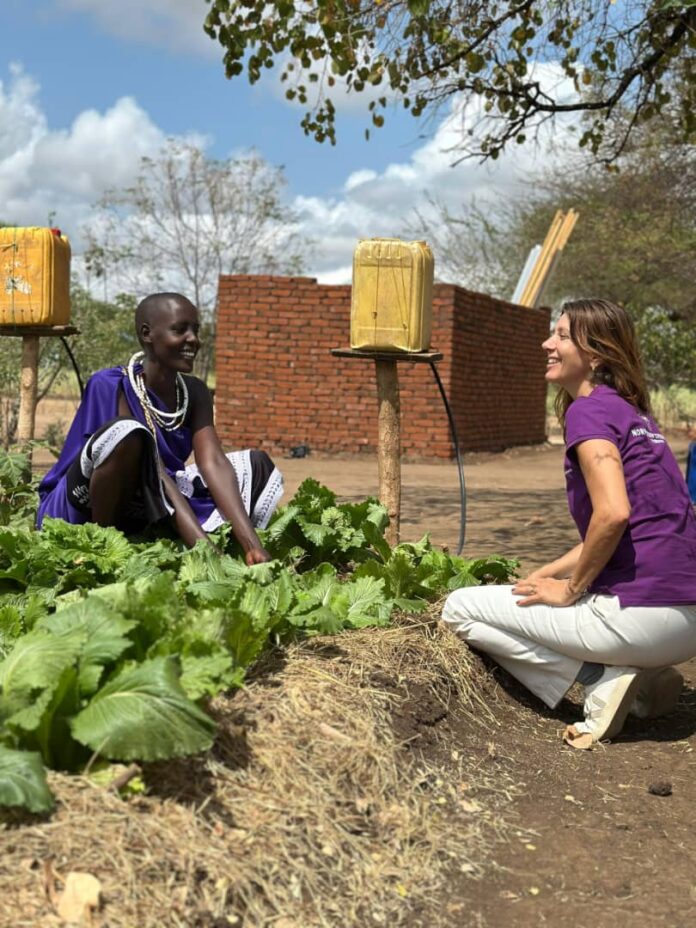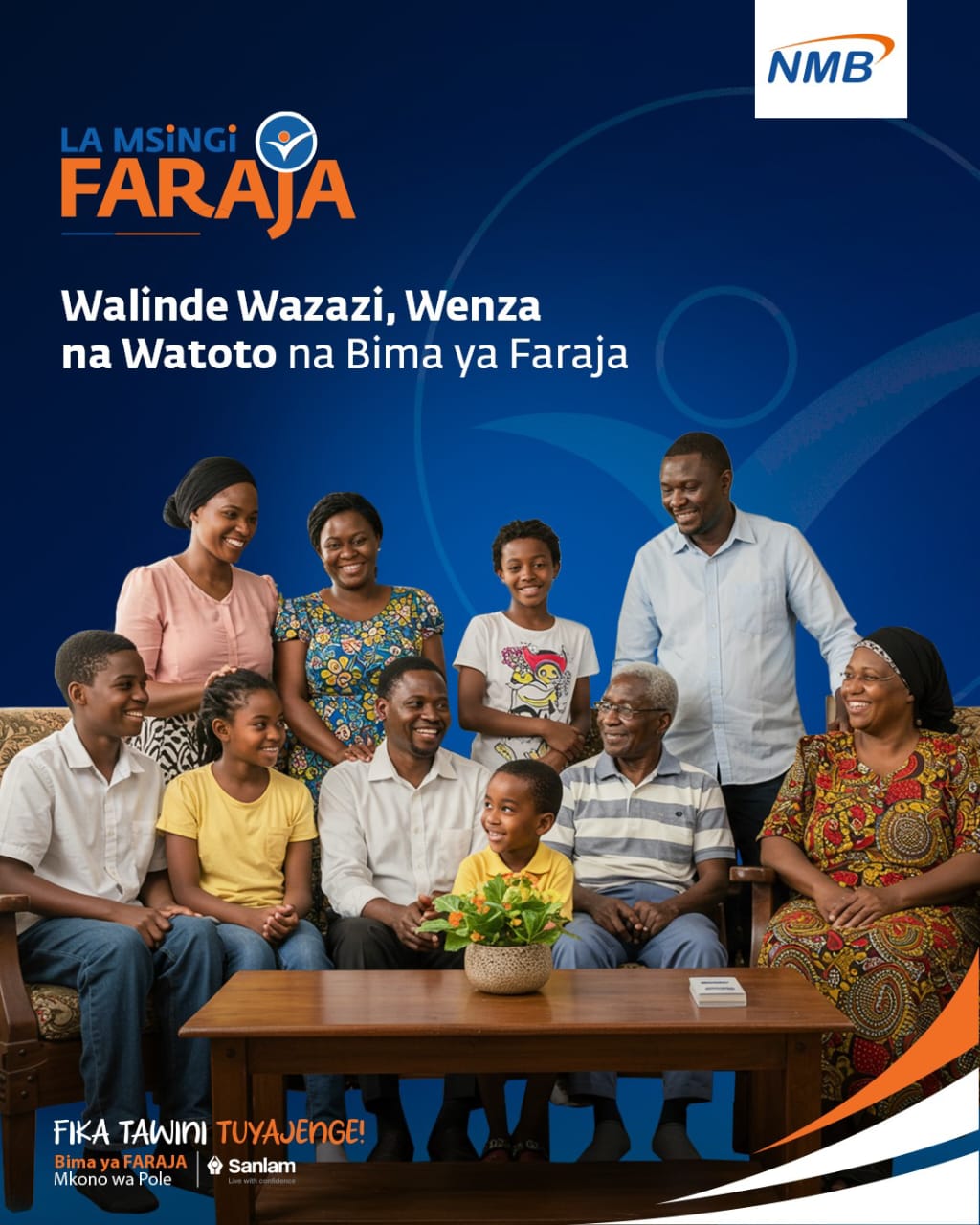The Norwegian Church Aid (NCA) has reaffirmed its commitment to strengthening its partnership with Tanzania by working alongside government institutions, civil society, and faith actors to enhance public systems, promote accountability, and empower local communities.
The pledge was made by NCA General Secretary Anne Cecilie Kaltenborn during an official visit by the NCA Board to Tanzania, where they toured projects implemented across the country.
“We work alongside government institutions, civil society, and faith actors to strengthen public systems and promote accountability,” said Kaltenborn, underscoring NCA’s collaborative and complementary approach amid ongoing debates about the role of foreign aid in shaping government investment.
She emphasized that NCA’s long-term presence in Tanzania is built on trust, shared values, and strategic partnerships.
“We are mindful of governance sensitivities, and our work is principled and locally led. Our model ensures communities are empowered to shape their futures,” she added.
Strategic Focus Areas
NCA’s engagement spans several key sectors, including gender justice, climate-smart agriculture, economic empowerment, and peacebuilding. By empowering faith actors and civil society organizations, NCA aims to foster justice, accountability, and active citizenship while strengthening community resilience.
Kaltenborn also highlighted NCA’s contribution to Tanzania’s ambition of transitioning to upper-middle-income status, while acknowledging persistent challenges such as economic inequality, youth unemployment, gender-based violence, and climate change impacts.
“Our work strengthens the foundations of inclusive, community-led development, ensuring that women, youth, and children benefit directly,” she said.
Under its 2025–2029 strategic plan, NCA will prioritize:
- Gender-Based Violence (GBV): transforming harmful norms and expanding access to lifesaving services.
- Climate and Environment Stewardship (CES): supporting climate-smart livelihoods and resilience.
- Peacebuilding (PB): strengthening interfaith platforms and community cohesion.
Impact in the Health Sector
NCA also supports key partners such as Haydom Lutheran Hospital, which has expanded specialized services. This has led to a 40% reduction in newborn mortality within 24 hours and a 75% reduction in maternal deaths within seven days postpartum.
Interfaith Collaboration for Peace
During the board visit to Mvomero District, Rev. Samuel Magawa, Chairperson of the Interfaith Standing Committee, highlighted the role of interfaith collaboration in resolving conflicts between farmers and livestock keepers in Kilosa and Mvomero districts.
“Bringing together Christian and Muslim leaders provides a neutral and credible platform for dialogue and mediation. Local authorities actively use the Interfaith Committee as a trusted mechanism for conflict resolution,” he explained.
Communities have also been empowered to form Inter-Religious Village Community Banks (Vicoba), which promote financial inclusion while linking farmers to markets and agricultural inputs.
According to Elizabeth Paskali, Mvomero District Project Coordinator, the number of Vicoba groups grew from 8 in 2022 to 36 today, enabling members to borrow for farming, small businesses, and household needs.
Empowering Women and Strengthening Livelihoods
Women have been central beneficiaries of NCA’s programs. For instance, Halima Mbogoso, a Maasai resident of Kilosa District, has adopted climate-smart agriculture practices such as kitchen gardens and drip irrigation.
“Through the training, I now farm and sell vegetables, earn my own income, and reduce dependence. District coordinators provide extension services, mobilize communities, and strengthen local agricultural capacity,” Mbogoso shared.
Long-Term Commitment
Kaltenborn concluded by affirming that NCA’s model—rooted in long-term partnerships, local ownership, and interfaith collaboration—ensures development that is inclusive, participatory, and responsive to the needs of Tanzanian communities.
She stressed that the organization’s enduring mission is to promote dignity, justice, and peace.
By Aisia Rweyemamu





